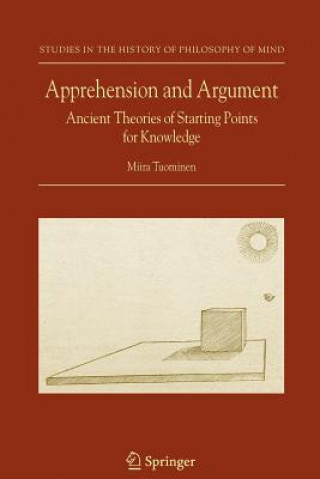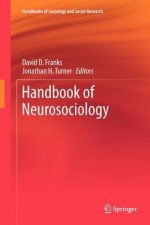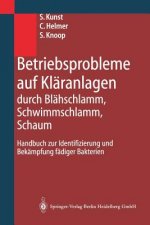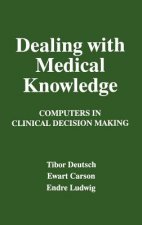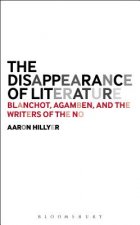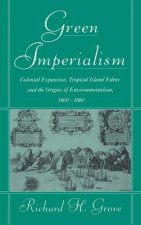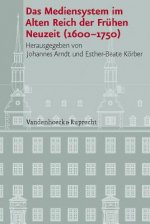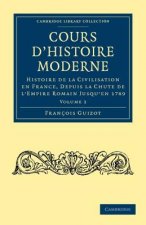
Livrare
Consilier de cumpărături





Nu se pretează? Nu contează! La noi puteți returna bunurile în 30 de zile
 Voucher cadou
orice valoare
Voucher cadou
orice valoare
Cu un voucher cadou nu veți da greș. În schimbul voucherului, destinatarul își poate alege orice din oferta noastră.
Apprehension and Argument
 engleză
engleză
 488 b
488 b
30 de zile pentru retur bunuri
Ar putea de asemenea, să te intereseze


If we know something, do we always know it through something else? Does this mean that the chain of knowledge should continue infinitely? Or, rather, should we abandon this approach and ask how we acquire knowledge? Irrespective of the fact that very basic questions concerning human knowledge have been formulated in various ways in different historical and philosophical contexts, philosophers have been surprisingly unanimous concerning the point that structures of knowledge should not be infinite. In order for there to be knowledge, there must be at least some primary elements which may be called starting points .§This book offers the first synoptic study of how the primary elements in knowledge structures were analysed in antiquity from Plato to late ancient commentaries, the main emphasis being on the Platonic-Aristotelian tradition. It argues that, in the Platonic-Aristotelian tradition, the question of starting points was treated from two distinct points of view: from the first perspective, as a question of how we acquire basic knowledge; and from the second perspective, as a question of the premises we may immediately accept in the line of argumentation. It was assumed that we acquire some general truths rather naturally and that these function as starting points for inquiry. In the Hellenistic period, an alternative approach was endorsed: the very possibility of knowledge became a central issue when sceptics began demanding that true claims should always be distinguishable from false ones.This book offers the first synoptic study of how the primary elements in knowledge structures were analysed in antiquity from Plato to late ancient commentaries. It argues that, in the Platonic-Aristotelian tradition, the question of starting points was treated from two distinct points of view: as a question of how we acquire basic knowledge; and as a question of the premises we may immediately accept in the line of argumentation.
Informații despre carte
 engleză
engleză
Categorii




 Cum să cumpăr
Cum să cumpăr















